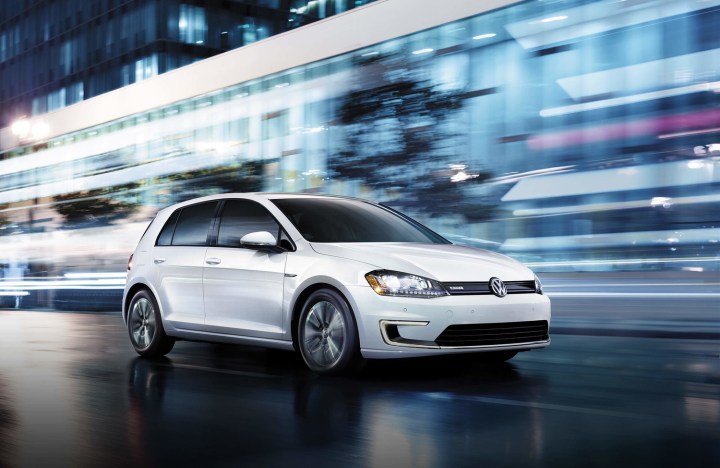
Specifically, the fault lies in the battery management system software, which, under certain conditions, can classify electrical current surges as critical threats to battery health. The system can initiate an emergency shutdown in response, which deactivates the drive motor and effectively stalls the vehicle. While this can undoubtedly result in a crash, it is important to note that the power steering, brakes, lights, and airbags are powered by a separate 12V system and are unaffected.
According to the Safety Recall Report filed by the National Highway Traffic Safety Administration (NHTSA), the chronology of the issue dates back to 2015. Volkswagen was initially notified of isolated shutdown incidents early in the year, but failures could not be reproduced on internal test vehicles until June. Additional complaints started to pour in toward the end 2015, and in February 2016, the issue was brought to Volkswagen’s product safety committee, who determined there was a sensitivity defect in the system. The Safety Recall Report was filed to NHTSA on March 4.
Volkswagen has notified e-Golf owners of the issue and will upgrade the battery management software free of charge.
To make matters worse, the Federal Trade Commission (FTC) has has filed a lawsuit against Volkswagen Group of America for deceiving its customers with its “Clean Diesel” advertising campaign. The FTC is seeking a court order that would require the company to compensate those who bought or leased a diesel vehicle from 2008 to late 2015. You can read the official release here.
Editors' Recommendations
- Volkswagen Golf GTI and Golf R blend power, practicality, and tech
- Volkswagen’s celebrated Golf GTI returns with more power and new tech
- Sharp and tech-savvy, the Volkswagen Golf gets a full digital reboot


